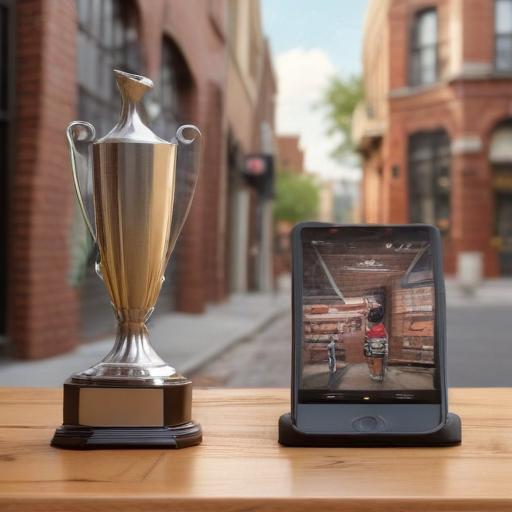Performative Male Contest lights up Wicker Park with humor, fashion and a dash of activism
Wicker Park’s namesake green space turned into a breezy, satirical showcase this weekend as roughly 80 contestants and hundreds of spectators gathered for a viral sensation: a “Performative Male Contest.” The event drew a wide mix of participants—from those sporting tote bags and matcha lattes to those rocking vintage read-a-thon vibes—who embraced the contest’s cheeky premise: perform a traditionally masculine persona by highlighting typically feminine hobbies, all while keeping the performance playful and self-aware.
The concept took off after a similar idea circulated in Seattle’s Capitol Hill neighborhood and quickly spread across social media, with a hastily made flyer circulating on X and TikTok helping to push turnout. Organizers described the contest as a tongue-in-cheek exploration of performative masculinity, with a wink to online trends that glamorize curated aesthetics.
Contestants arrived armed with matcha beverages, cameras and a variety of props: from vinyl records to books, and even a few nods to vintage hobbies. The judging panel included Katherine Guo, Ally Muszynski, Katie Richcreek, and Brittany Galvin, who evaluated entrants through several rounds, including a runway walk, a question-and-answer segment, and even a voguing-inspired dance contest. Judges used a left-right swipe format reminiscent of dating show platforms to assess each performance.
Early rounds featured moments that leaned into affection and humor: some contestants handed out flowers to audience members, while others offered readers’ copies of books to the crowd. One contestant explained that a friend had encouraged him to join after seeing the flyer, and he spoke about the importance of supporting the women in his life while embracing new ideas.
Among the notable performances, one participant handed a bouquet to a spectator, another carried a tote of books and a portable music player as part of the character’s persona. The event also highlighted the broader trend of virally promoted “lookalike” or character-driven contests popping up in cities nationwide, echoing recent celebrity lookalike contests in other neighborhoods.
The winner turned out to be Meaghan Morris, who arrived in drag as the pompous alter ego Dan Druff. Morris described Druff as a deliberately sleazy caricature and, true to the character, mocked the “manly” performance trope with a punchy persona. In a memorable moment, Druff declared, “I’m giving head and shoulders, baby!” and unveiled a tote bag packed with books and a small record player to raucous applause. Morris, who also performs in drag at a local theater, later admitted she hadn’t tried matcha before the performance and joked about the entire experience being a bit of a ruse.
The event wasn’t just about laughs. Contestants used the platform to speak to broader issues, with finalists like Carter Wood highlighting women’s rights and critical policy debates, including the overturning of Roe v. Wade, during their elevator pitches. Wood urged audience members to engage in community organizing to support the causes they care about, thanking his friends and family for their influence.
In the end, the winner’s reveal drew a chorus of cheers, with Morris explaining that the “performative” nature was all about playful exploration rather than mockery. The contest’s organizers say the aim is to celebrate creative self-expression, spark dialogue about gender performance, and foster community through a shared, lighthearted experience.
Context and value-added takeaways
– A reflection of current social media culture: The event shows how quickly quirky, conversation-sparking ideas can go viral and galvanize real-world participation.
– A blend of humor and advocacy: By weaving jokes with comments on women’s rights and social issues, the contest became a vehicle for lighter entertainment that also invites reflection on serious topics.
– Community-building through playful competition: The format—runway, Q&A, and performance—creates a welcoming space for diverse self-expression and fosters local connection.
– Potential for future iterations: Given the turnout and positive reception, similar events could become a recurring feature of neighborhood life, possibly expanding to include more diverse performances or collaborations with local theaters and artists.
Summary
A weekend in Wicker Park turned into a playful examination of performative masculinity, anchored by a viral, community-driven contest that culminated in a drag finale. The event combined humor, fashion, and social commentary, leaving attendees with a memorable, if tongue-in-cheek, discussion about self-presentation and gender norms, while also highlighting the neighborhood’s spirit of creativity and inclusivity.
